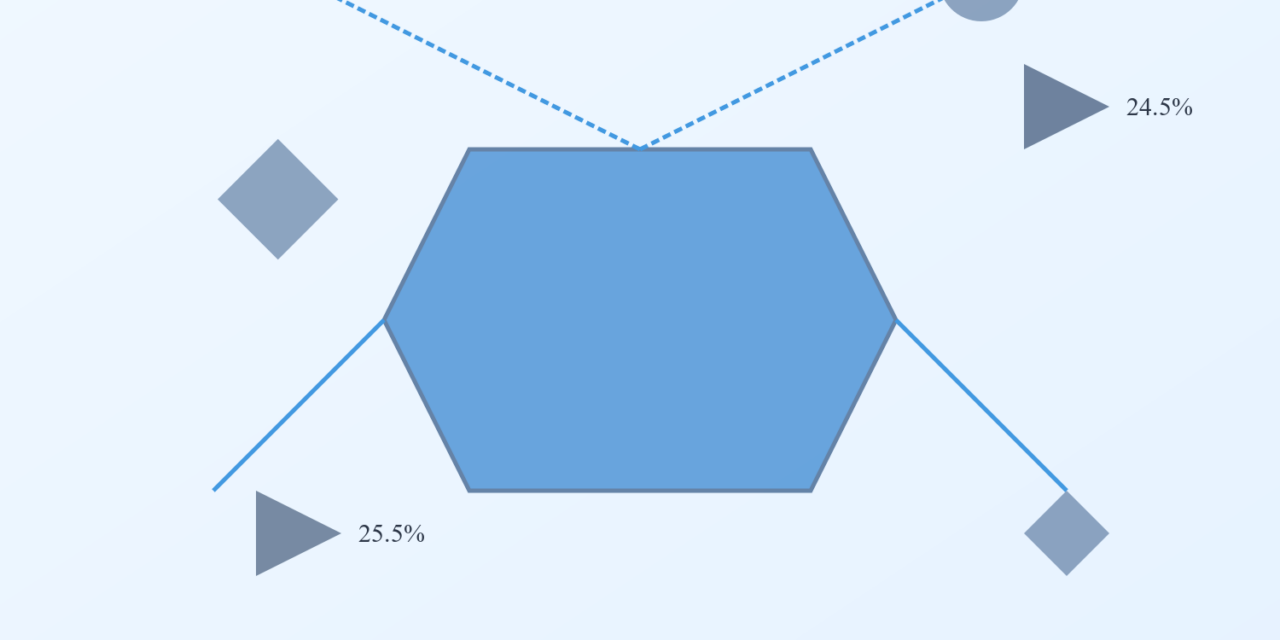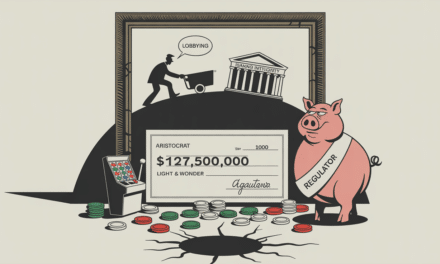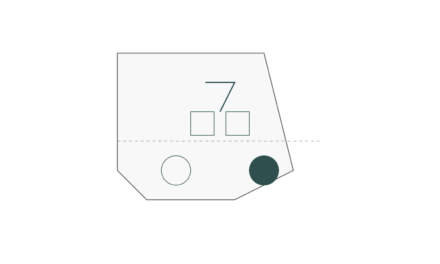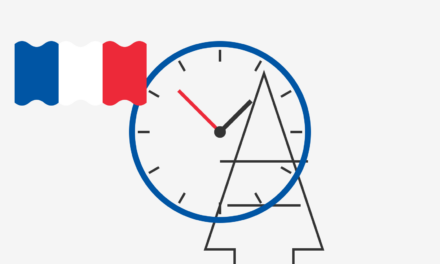Italy has implemented significant changes to its gambling industry regulations, aiming to modernize the sector while balancing government revenue goals with industry sustainability. President Sergio Mattarella recently ratified the country’s 2025 Budget Law, which extends tax concessions and introduces adjustments that affect both online and land-based gambling operators. This move has stirred mixed reactions among stakeholders, highlighting opportunities and challenges within Italy’s gambling landscape.
Online Gambling License Extensions: A New Framework Emerges
The Ministry of Finance has extended existing online gambling licenses for an additional year, allowing operators to maintain their activities under current terms until a new licensing system is introduced.
Under the revised framework, operators will be required to pay a substantial €7 million authorization fee alongside a 3% operating fee. This transition must be completed by May 30, 2025, with the €7 million fee structured into two installments to ease the financial burden.
While the extension provides temporary relief, the new system has drawn criticism for its high costs. Smaller operators, in particular, fear that the steep fees may threaten their viability in an increasingly competitive market.
Land-Based Gambling Concessions: Bridging the Gap
In a parallel move, concessions for land-based gambling operations—including retail betting, horse racing, bingo, and gaming machines—have been extended for two years. This extension offers the government additional time to reform the regulations governing these sectors.
The government’s focus is on improving efficiency and oversight in the land-based segment while aligning it with broader modernization goals. However, these adjustments come with changes in tax rates, affecting the profitability of operators.
Tax Adjustments: Impact on Operators
The 2025 Budget Law introduces a range of Gross Gaming Revenue (GGR) tax revisions, creating a mixed financial outlook for operators:
-
Online Gambling:
- Sports and virtual betting taxes increased to 24.5%.
- Casino, bingo, and poker taxes raised to 25.5%.
-
Retail Betting:
- Retail sports betting taxes adjusted to 20.5%.
- Fixed-odds horse betting saw a reduction, bringing it to 20.5%, a move aimed at revitalizing this niche sector.
The government justifies these revisions as necessary for generating additional public revenue while ensuring market competitiveness. Yet, operators argue that these increases could stifle growth, particularly in online gambling, which has shown consistent expansion in recent years.
Industry Concerns: A Balancing Act
Italian gambling operators have voiced significant concerns over the €7 million online gambling license fee. Industry leaders warn that the cost may discourage smaller operators, creating an uneven playing field.
Moreno Marasco, President of Logico—an association representing Italy’s licensed online gaming companies—stated:
“The risk is weakening a sector that is the only bulwark against illegal gambling.”
Marasco’s remarks underscore fears that overly aggressive taxation and licensing requirements may inadvertently push consumers toward unregulated operators, undermining government oversight and public safety initiatives.
Optimism from International Stakeholders
Despite domestic concerns, Italy remains an attractive market for foreign investors and operators. Global gambling giants view the country’s reforms as an opportunity for growth and consolidation.
- Flutter Entertainment, a global leader in sports betting and gaming, recently acquired Gruppo SNAI, cementing its position in the Italian market.
- Pontus Lindwall, CEO of Betsson AB, expressed optimism about expanding the company’s footprint in Italy, citing its strong market potential.
- Evoke Plc, the parent company of 888, reported a 30% year-on-year increase in revenue from its Italian operations, further highlighting the country’s appeal.
These developments reflect a broader trend of international operators capitalizing on Italy’s growing gambling market, particularly in the online sector.
Balancing Regulation with Growth
Italy’s 2025 Budget Law is a bold attempt to modernize its gambling industry while addressing public revenue needs. However, the measures have sparked a delicate balancing act between encouraging market growth and ensuring fair competition.
The increased costs for operators, particularly the new licensing fees, may disproportionately impact smaller businesses. Industry stakeholders warn that these challenges could lead to market consolidation, limiting consumer choice and potentially driving some activity underground.
At the same time, the focus on regulation and modernization presents opportunities for well-capitalized operators to thrive, especially those with the resources to navigate the complexities of the Italian market.
Looking Ahead: The Future of Italy’s Gambling Market
The coming years will be pivotal for Italy’s gambling industry as it adapts to the new regulatory framework. Key questions remain about the long-term impact of these changes:
- Will smaller operators find ways to remain competitive, or will the market favor larger, international players?
- How will consumers respond to potential shifts in pricing and accessibility caused by higher taxes and fees?
- Can the government strike the right balance between revenue generation and maintaining a healthy, competitive market?
For now, Italy’s gambling reforms represent a high-stakes gamble of their own, with the potential to shape the industry’s future for years to come.





